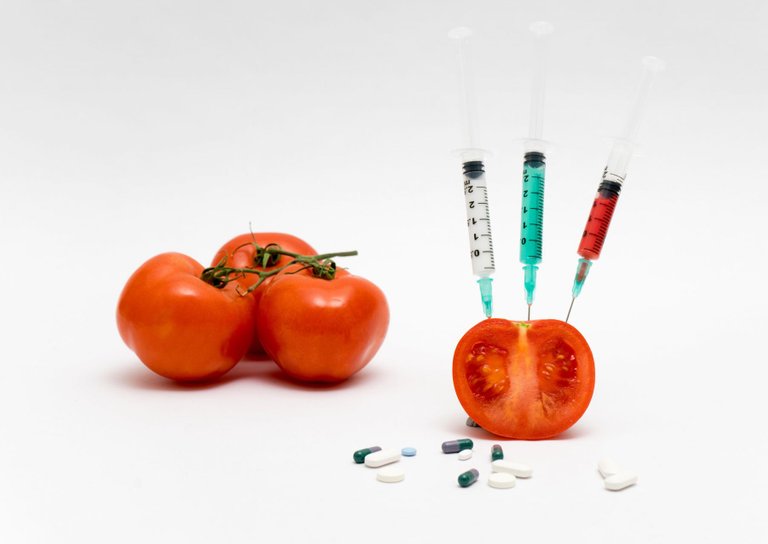
Scientists from the UK John Innes Center have genetically modified tomatoes to produce the Parkinson's drug L-DOPA.
Thanks to this innovation, researchers think they can easily and cheaply produce drug essences in places where drugs are difficult to access.
Genetically reprogramming plants to produce drug molecules is actually not a new idea. In the past, many molecules from the flu vaccine to human anti-inflammatory proteins were produced by genetically modifying the Australian native tobacco plant.
In the new research, some methods have been developed to transform tomatoes into small pharmaceutical factories and to grow them with high efficiency in various parts of the world. The John Innes team's new innovation is based on the production of the L-DOPA drug, which is vital for Parkinson's treatment, easily manipulating tomatoes. “The idea here is to produce tomatoes in much smaller setups. By growing GMO tomatoes in controlled environments such as greenhouses, you can prevent pollen escape from insects. Thus, you can produce at a lower cost. Since tomatoes are easily soluble, you can extract L-DOPA with the local industry. So you can produce pure products with low technology that can be distributed locally, ”says Cathie Martin, study author. As evidence in the study, 150 mg of L-DOPA was produced from 1 kg of tomatoes.
Thanks to the unique production method, the naturally produced molecule can also reduce the side effects seen in some Parkinson's patients due to synthetic L-DOPA. Still, it is worth mentioning that the research is still very early. Researchers think these genetically modified crops may have even more benefits.
“In addition, prolongation of shelf life and increase in amino acid levels that we can examine, etc. we also saw surprising benefits. This also shows that the tomato can be a powerful option in synthetic biology, ”says Breitel.
Source:
www.gercekbilim.com